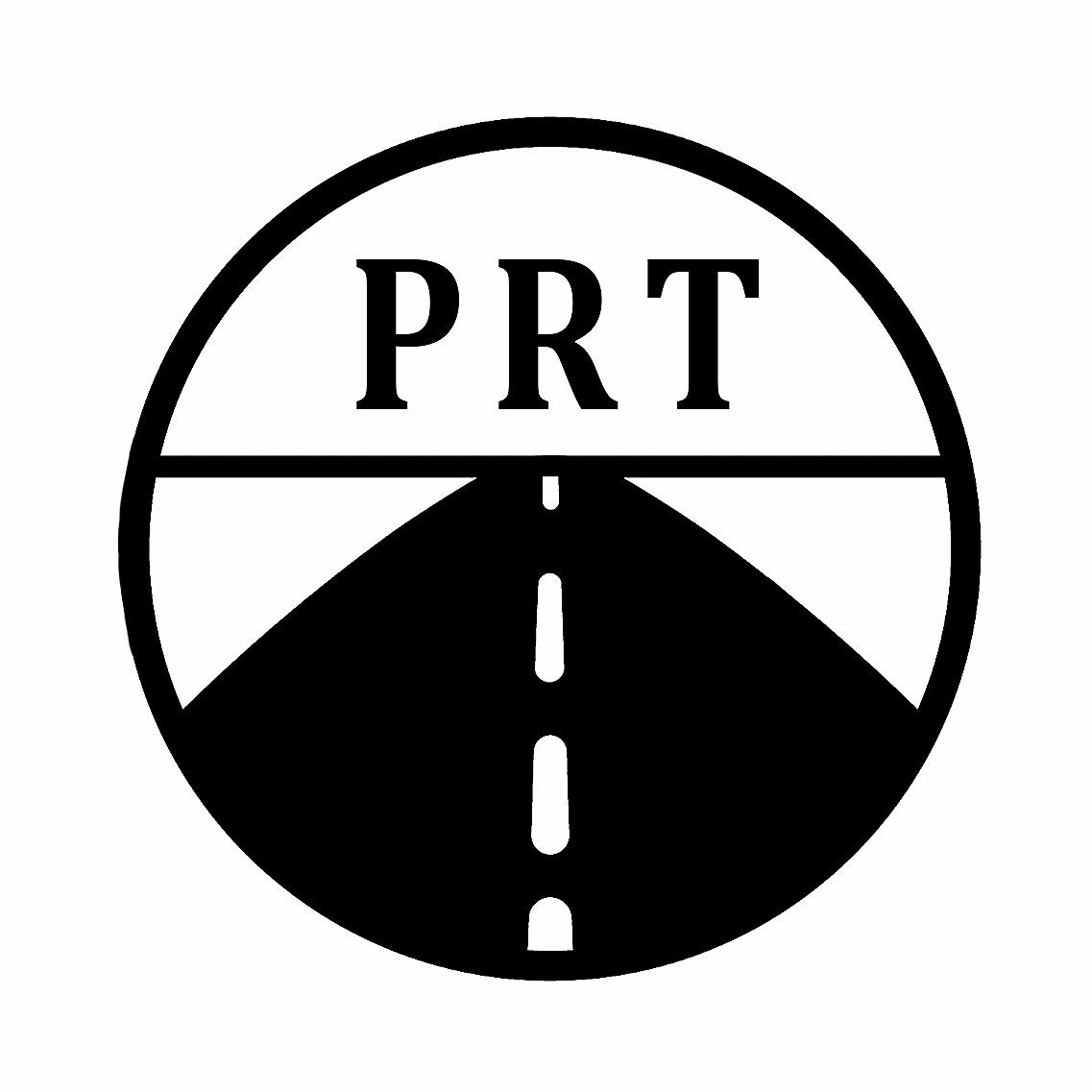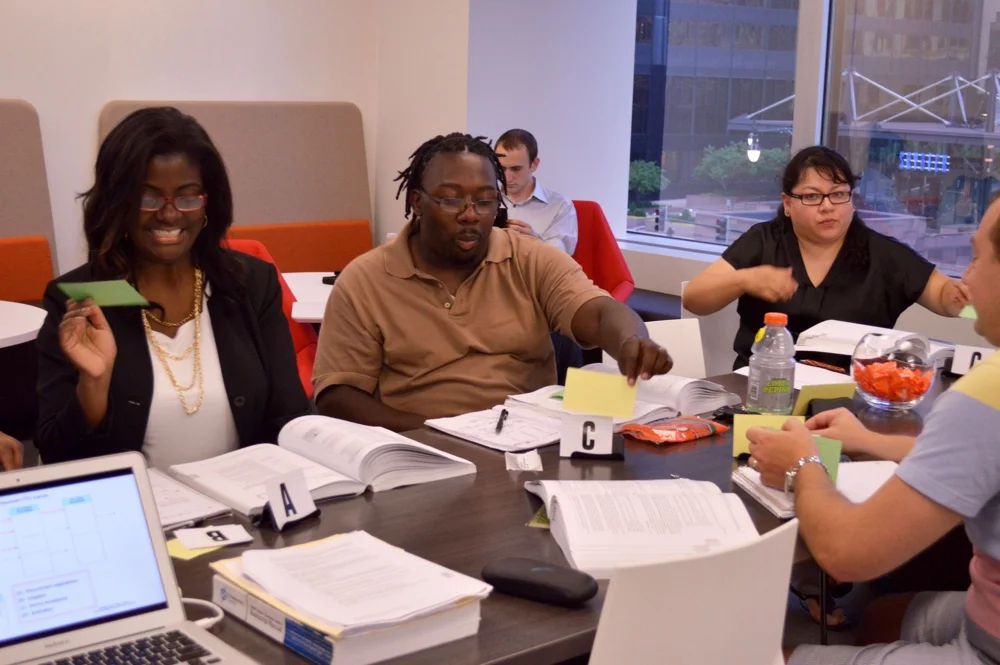PMP® Exam Prep
PMP Study Group - the Top Layer (6 of 6)
Why a PMP Study Group?
A study group can provide several valuable things for you:
- Perspective: other members of your study group will probably have experience, knowledge or intuition in certain areas that brings alternative perspective to the subject matter. This fresh perspective can help deepen your understanding, increasing your chances of doing well on the exam.
- Motivation: the mutual support and community feeling of your study group can help you stay focused and engaged over the months that it typically takes to prepare for the PMP exam.
- Peer Pressure: when you see your study group partners making great progress in their studies, it can spur you to demonstrate that you have the grit and brains to match their progress. A little healthy peer pressure can be a great thing!
How to Run Your PMP Study Group
- Gather-up folks who are committed
- Settle on a single venue and weekly time slot - routine helps us maintain discipline and achieve consistent effort
- Agree on a study guide (my recommendation is the one by Crosswind Learning)
- Everyone shows-up with their own copy of the study guide
- Work through practice questions - this will be the primary focus of each study group session (In the Crosswind study guide there are thirty practice questions at the end of each chapter.)
Read to Yourself!
For each practice question, everyone must read the question quietly to themselves. This is very important. If one person reads the question out loud, the comprehension level of the others will not be as good as it needs to be. On the actual exam you will be reading the questions, and you should practice the same way. Don’t cheap-out and try to share study guides. Compared to the value of the time you will spend studying, the cost of the study guide is nothing.
Write Your Answer Down!
Once you’ve read the question to yourself and selected an answer (A, B, C, or D), write that answer down. Very important — you must commit and write down the answer, otherwise it is too easy to fool yourself — telling yourself that you would have chosen the correct answer. When you commit, you can’t hide from the truth.
Raise a Flag
Have some way to signal that you are done selecting your answer. Once everyone has signaled that they are ready, you can all reveal your answers and then look up the correct answer.
Poker Cards
I’ve developed a scheme I call ‘Poker Cards’ where we each have the possible answers, A, B, C, or D on index cards, and we select our answer and place that card on a rack. We conceal our answer, covering it with a green or yellow index card. Green indicates that we feel confident in our answer. Yellow indicates that we feel unsure, and in the exam we might mark this question for later review. Then, when everyone has placed their bets (A, B, C, D) we all remove our covers to reveal our answers at the same time. This helps maintain a brisk pace because we are not constantly wondering if everyone has written down an answer yet. It also adds a bit of drama and allows people to communicate how they feel about their answers.
Maintain a Brisk Pace
You want to cover as many practice questions as you can each week. You should read each question as quickly as you can and select an answer as quickly as you can. However you need to be adaptable in this area: some questions will take longer than others, and you need to give each question the time it requires. There is a constant balancing act needed, as you adjust for the requirements of each question.
Pause to Learn
Each practice question is a learning opportunity. Take the time to learn the lessons inherent in each question. Perhaps there was a trick in the wording of the question. Perhaps the underlying subject matter needs to be studied a little bit more. It is OK to take the time to go back into the relevant section of the study guide to review that material sometimes.
Press On
It is easy to slip into long rambling tangential discussions. When this starts to happen, notice it, throw down a flag and get back to work, doing as many practice questions as you can each week. Try to get through all of the practice questions in a knowledge area each week. Block off 90 minutes for each session.
Plan the Next Session
At the end of each session, agree on the topic to be covered in the next study group session.
Then study hard and study smart, so that you can put in a good showing at the next session!

